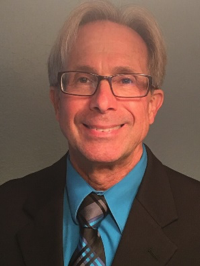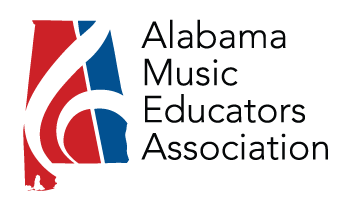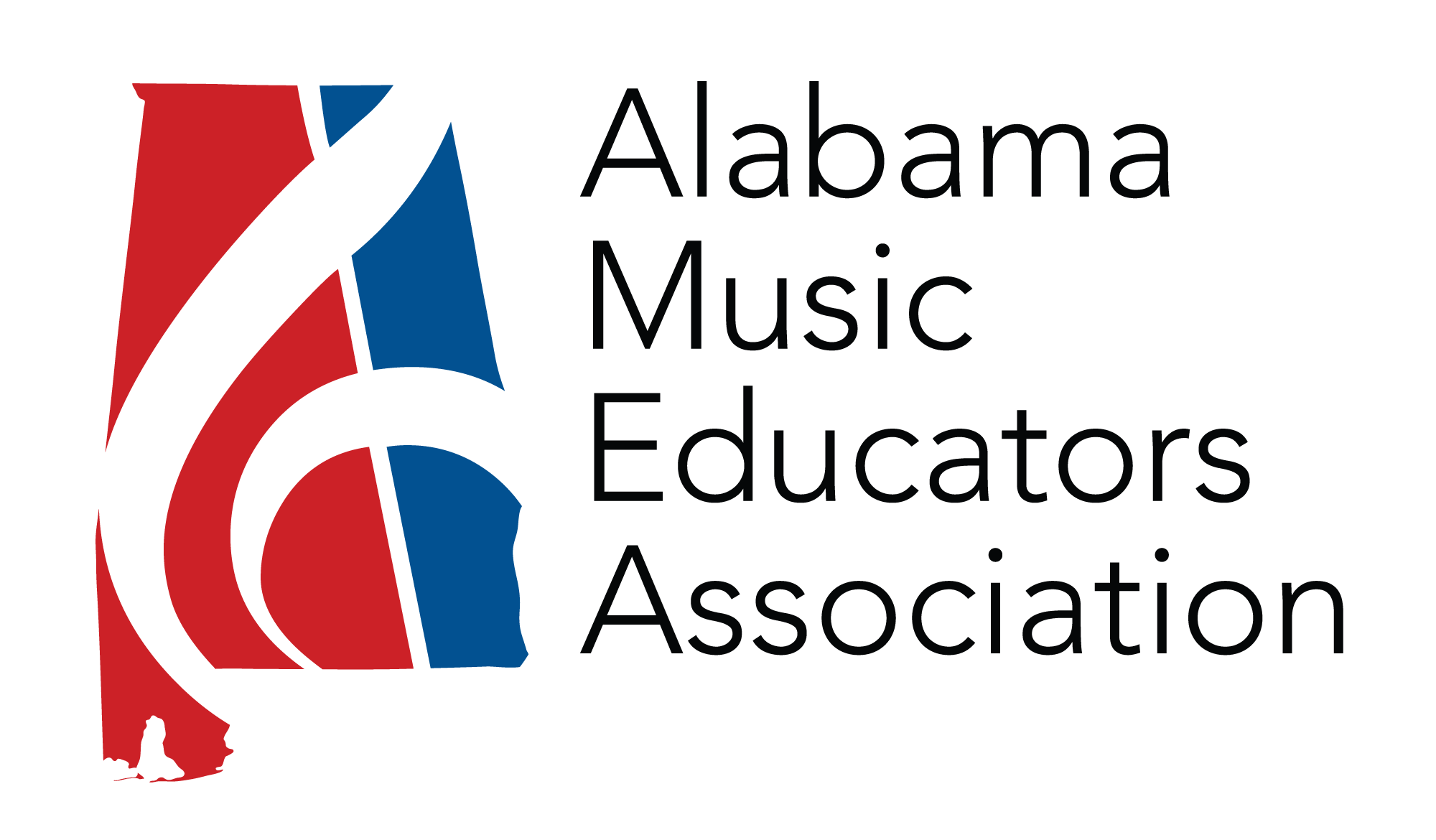 Did you know that an important difference between humans and animals is our ability to share stories? No other species uses stories to communicate information the way that humans do. Before technology conquered the world (I’m thinking printing press and not iPhone), humans used stories to communicate historical events, practical advice, and spiritual meanings. The human brain is wired in such a way that stories activate schema unlike anything else. You may forget all of the facts that someone tells you, but you will always remember their stories.
Did you know that an important difference between humans and animals is our ability to share stories? No other species uses stories to communicate information the way that humans do. Before technology conquered the world (I’m thinking printing press and not iPhone), humans used stories to communicate historical events, practical advice, and spiritual meanings. The human brain is wired in such a way that stories activate schema unlike anything else. You may forget all of the facts that someone tells you, but you will always remember their stories.
As educators, it’s important for us to share our stories with our students. Don’t get me wrong, I am not encouraging you to bore students with trivial reminiscing. Rather, share stories that contain important messages, especially your experiences with professional organizations such as AMEA and NAfME. Many students in our programs do not understand the importance of these memberships and how they can influence the trajectory of their careers. I know that I am “preaching to the choir” but my involvement has helped me get to where I am today.
Let me share my story. After graduating with my bachelor of music degree, I was not interested in pursuing a career in music education, I wanted to perform. So, I travelled the world having many great performance experiences, but something was missing. I wanted more. After some soul-searching, I entered an “Alternative A” Masters of Arts in Music Education program. In one of my classes, the instructor informed us about an upcoming music educators’ conference and encouraged everyone to attend. I followed that advice and was hooked immediately. Because of that experience and others like it, I went on to earn National Board Certification and enrolled in a doctoral program in music education. All along the way, my active participation in NAfME-related events provided the inspiration and direction to accomplish my goals. I read Teaching Music, Music Educators Journal, and Journal of Research in Music Education regularly and never missed an annual conference. This was the foundation on which I built my career and this path is available to everyone through their membership. I could not have accomplished my career goals without the help of these resources.
After sharing YOUR story, remind your students of the immediate benefits to membership. I’ve mentioned access to information through publications and conference attendance, but let’s not forget about networking. Membership brings you in contact with like-minded people who share the same passion. Networking can provide insights on job opportunities, new repertoire, and so forth. Regardless of the membership fee, these experiences are priceless.
Before passing the baton to Dr. Carly Johnson, I will leave you with one closing remark. There is a music teacher shortage in Alabama. I can’t remember a time when there were so many employment opportunities. Share your stories with your students. Encourage them to join AMEA and begin creating their own legacy. In addition, don’t ignore those accomplished performers who are looking for something more in their profession. A career in music education may bring a deeper sense of satisfaction than they could have imagined. It worked for me and just might work for them.
Best wishes to all.
Michael Zelenak



